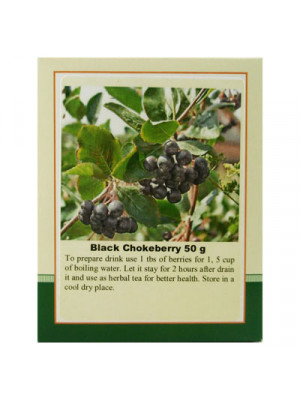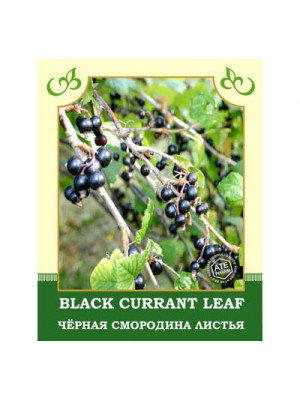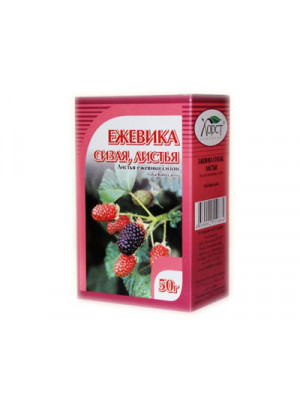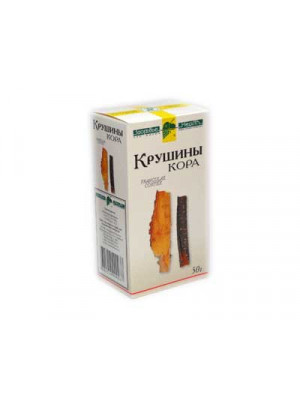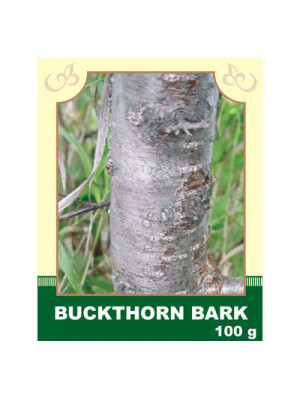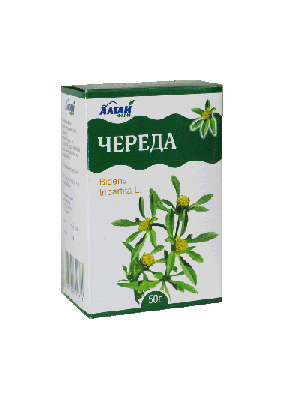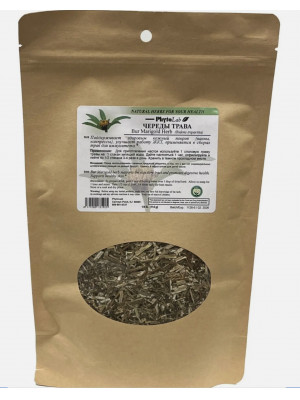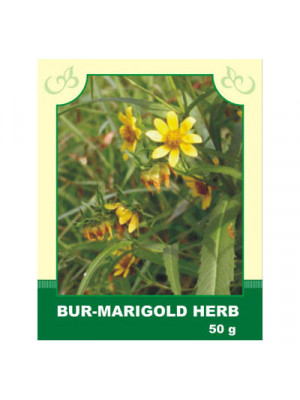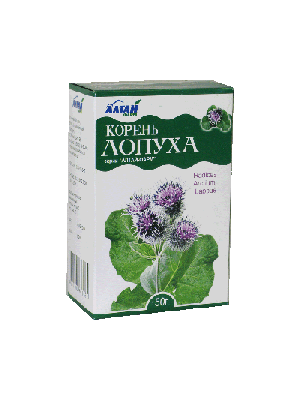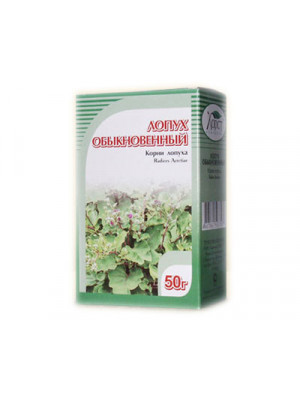Dry Herbs & Berries
If you like to use a lot of dry herbs and berries to create teas, wellness pads and an assortment of other items for well-being, our dry herbs and berries can provide you with a quick way to do it on your own. Each packet contains the herbs or berries of your choice that were freshly grown, chopped up and dried to perfection. Every herb and berries packet is 100% natural, with no artificial preservatives or added fillers. You're able to create a tasty blend with all that is provided from our large selection.
Internally: Blackcurrant enhances immunity, has a general strengthening effect, helps strengthen blood vessel walls, increases their elasticity and firmness; has a favorable effect on the endocrine system; contributes to lowering blood pressure and blood sugar levels.
Method of application and dosage: In 1 liter of boiling water, add 100 g of dried berries and simmer for 10 minutes. Remove from heat, cover with a lid, infuse for 20 minutes. Squeeze through cheesecloth. Drink 3 times a day, half a glass each time. For colds, take 3 tablespoons of dried berries, pour boiling water (1 liter), infuse for 3 hours. Strain, pour into a glass, mix with a tablespoon of honey. Drink throughout the day.
Contraindications: In case of frequent constipation, peptic ulcer disease, gastritis with high acidity, hypotension, thrombophlebitis, and increased blood clotting.
$6.99Internally: Tinctures strengthen the immune system, improve mood; used for chronic cough, frequent colds, gout, arthritis. The tincture reduces tissue swelling, lowers blood pressure. Infusions are absorbed more slowly, but their effect is longer. They will help restore strength after a prolonged illness, protect the body during flu and viral infections, improve memory.
Method of application and dosage: For the infusion, 2 tablespoons are poured with 1 glass of boiling water and infused for 10-15 minutes. Strain and drink with honey. For the decoction, 100 g is poured with 2 liters of boiling water and placed in a water bath for 10-15 minutes. Infuse for 10 hours. For a cough, drink 100 g until the illness subsides. The decoction will better help cope with fatigue and overwork.
Contraindications: Individual intolerance, avoid with stomach ulcers, gastritis with high acidity; use in limited quantities during pregnancy and lactation.
$6.99Blackberry Leaf in Medicine
Blackberry leaf, derived from the popular blackberry plant, has been used for centuries in natural medicine for its numerous health benefits. From treating diarrhea and inflammation to boosting the immune system, blackberry leaf has gained recognition for its medicinal properties.
Anti-Inflammatory Properties
Blackberry leaf is known for its anti-inflammatory properties, making it a popular remedy for treating inflammation in the body. Whether it's joint pain, sore muscles, or digestive issues, blackberry leaf can help alleviate the discomfort associated with inflammation.
Diarrhea Relief
One of the most well-known uses of blackberry leaf is its ability to treat diarrhea. The astringent properties of blackberry leaf can help to reduce the frequency and severity of diarrhea, providing much-needed relief to those suffering from this common ailment.
Immune Boosting
The high content of antioxidants in blackberry leaf makes it a powerful immune-boosting herb. Regular consumption of blackberry leaf tea or supplements can help strengthen the immune system, making the body more resilient to infections and illnesses.
How to Use Blackberry Leaf
Blackberry leaf can be used in a variety of ways, including brewing a soothing tea, creating a tincture, or using it in a topical application for skin conditions. For those interested in reaping the benefits of blackberry leaf, it's important to consult with a healthcare professional to ensure safe and appropriate usage.
Conclusion
Blackberry leaf is a versatile and powerful herb that has been used in traditional medicine for generations. With its anti-inflammatory, diarrhea-relieving, and immune-boosting properties, blackberry leaf is a valuable addition to any natural medicine cabinet.
$7.99- Buckthorn bark has been used medicinally since at least the 1600s, when it was listed in a primary medical reference called the London Pharmacopeia. Although most herbs have had a wide variety of traditional uses, later refined to a single or a few proven benefits, buckthorn bark throughout its history has been consistently used to relieve one ailment: constipation and its by-products (hemorrhoids and anal irritation). Buckthorn bark contains compounds called anthraquinones, which have a strong purgative, laxative effect on the body. Because these compounds are powerful, before being processed into laxative products the bark is aged for a year, or heated and dried. Buckthorn bark has laxative and cathartic properties.$6.99
Internally, it is used for habitual constipation, spastic colitis, hemorrhoids, and anal fissures, especially during pregnancy.
Method of application and dosage: Pour 2 tablespoons of raw material into 200 ml of boiling water, heat on a water bath for 30 minutes, infuse for 10 minutes at room temperature, strain, squeezing the vegetable raw material. Bring the resulting infusion to the original volume. Take 1/2 cup orally at night.
Externally, a strong decoction of the cherry bark is used in the treatment of scabies, especially in children.
Contraindications: individual intolerance, in case of severe kidney dysfunction, and inflammatory processes in the intestines. Prolonged use may lead to habituation.
$6.99Internal use: Enhances appetite, strengthens and improves digestion, corrects metabolism in skin diseases, increases urine and sweat secretion, stops bleeding, has a calming effect on the nervous system, slightly reduces blood pressure, increases the amplitude of heart contractions, and has a mild softening and anti-inflammatory effect. Used to stimulate appetite, improve digestion, and for colds, coughs, liver and spleen diseases, gout, arthritis, and rickets.
Method of application and dosage: Pour 15 g of the herb with 400 ml of boiling water, infuse for 30 minutes, and drink 1/2 glass 3-4 times a day before meals.
External use: Applied in the form of baths, lotions, and compresses. It promotes drying of the affected area of the body and rapid epithelization of the skin. The infusion is useful for washing the head affected by seborrhea. For baths, pour 30 g of the herb with 1 liter of boiling water, strain, and add to the bath. For lotions and compresses, boil 3 tablespoons of the herb in 400 ml of water for 10 minutes, strain, and use as directed.
Contraindications: Individual intolerance.
$6.99- Bur-marigold is widely used in different ways. The herb is rich in tannins, bitters, volatile oil, vitamin C, carotin, iron, chrome, aluminum, copper and manganese. Bur- marigold can be taken internally and externally. The properties of the herb are numerous: sudorific, anti-inflammatory, diuretic, vitaminous, anti-allergic and sedative. Bur-marigold is of great help for metabolism disorders, digestion, gastrointestinal illnesses and skin inflammations. Use. Bur-marigold is used as preventive for influenza or cold, used for treatment of swelling pain at the throat, fever among infants, fear of cold weather. In some countries they use it for enteritis, flatulence, diarrhea, appendicitis, for sprains, contusions, chronic ulcers. The herb also helps stop wound bleeding and is good for piles, chronic ulcers, various skin diseases.$17.99
Description.
Description. Bur-marigold is widely used in different ways. The herb is rich in tannins, bitters, volatile oil, vitamin C, carotin, iron, chrome, aluminum, copper and manganese. Bur- marigold can be taken internally and externally. The properties of the herb are numerous: sudorific, anti-inflammatory, diuretic, vitaminous, anti-allergic and sedative. Bur-marigold is of great help for metabolism disorders, digestion, gastrointestinal illnesses and skin inflammations. Use. Bur-marigold is used as preventive for influenza or cold, used for treatment of swelling pain at the throat, fever among infants, fear of cold weather. In some countries they use it for enteritis, flatulence, diarrhea, appendicitis, for sprains, contusions, chronic ulcers. The herb also helps stop wound bleeding and is good for piles, chronic ulcers, various skin diseases.
Attention! Before using any herbal products, make sure that you have full knowledge of how the herb works and any adverse reaction it may cause.$6.99Internally, the root is taken as a diuretic and cleansing agent in the following cases:
- For diseases of the urogenital organs;
- In gout, rheumatism;
- In diabetes;
- For hemorrhoids;
- In chronic constipation;
- For menstrual irregularities;
- In the treatment of skin diseases;
- For allergic reactions.
Method of application and dosage: Steep 1 tablespoon of roots in 200 ml of boiling water, heat in a water bath for 30 minutes, infuse at room temperature for 10 minutes, strain. Bring the infusion to the original volume with boiled water and take internally 1/2 cup 2-3 times a day before meals.
Externally, the root is used:
- Against hair loss and dandruff;
- In the treatment of eczema, ulcers, and purulent wounds;
- For inflammatory processes of the mucous membrane of the oral cavity, throat.
Steep 1 teaspoon of roots in 400 ml of boiling water, infuse for 8-10 hours.
Contraindications: Individual intolerance.
$6.99- Burdock Root is one of the foremost cleansing herbs, providing nourishing support for the blood, the liver, and the natural defense system. Its rich in Vitamins B1, B6, B12, and E, plus manganese, copper, iron, zinc, sulfur, and more. Youll find Burdock Root in many tonic formulas and special blends designed for internal cleansing. In traditional herbal texts, Burdock Root is described as a blood purifier or alterative, and was believed to clear the bloodstream of toxins. The herb contains polyacetylenes that have both anti-bacterial & anti-fungal properties. Burdock Root contains high amounts of inulin and mucilage. This may explain its soothing effects on the gastrointestinal tract. Bitter constituents in the root may also explain the traditional use of Burdock to improve digestion.$6.99


